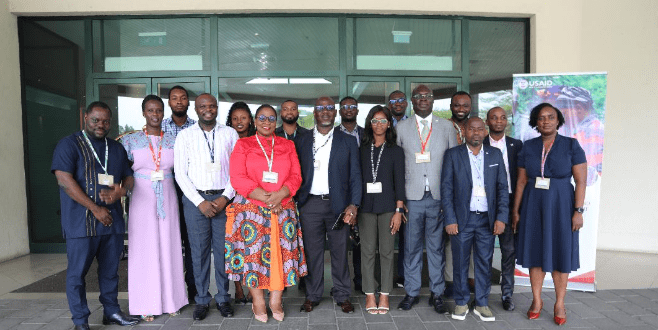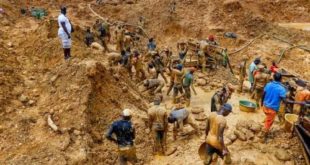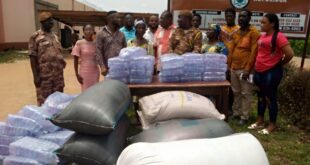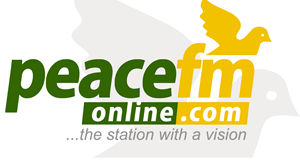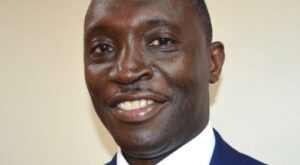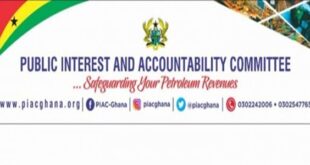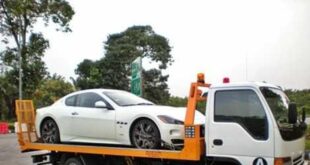The Forestry Commission of Ghana, in partnership with the United States Agency for International Development (USAID)-funded West Africa Biodiversity and Low Emissions Development (WABiLED) Program, organized a learning exchange workshop and field visit with Côte d’Ivoire’s Permanent Executive Secretariat for Reducing Emissions from Deforestation and Forest Degradation (SEP-REDD+).

The event focused on sharing insights and experiences on REDD+ implementation between the two countries.
The Upper Guinean Forest Ecosystem of West Africa stands as a critical biodiversity hotspot, holding immense potential for carbon sequestration to mitigate climate change. However, rampant deforestation has escalated greenhouse gas (GHG) emissions in the region.

In response, countries within this ecosystem, including Côte d’Ivoire, Guinea, Liberia, and Sierra Leone, are formulating strategies to curb GHG emissions. The USAID-funded WABiLED Program is supporting these efforts through initiatives such as REDD+ and other low-emission development strategies (LEDS).
A collaborative exchange with Côte d’Ivoire’s SEP-REDD+ office in 2023 highlighted specific
capacity needs, leading to an interest in a knowledge exchange and learning visit to Ghana,
underscoring the commitment to shared learning and progress within the region.

The Ivorian Participants were excited about the opportunity to learn from Ghana’s successful REDD+ program. This exchange enhances their efforts toward reaching the result-based payment phase of REDD+ implementation.
The workshop and field visit, which took place between February 26 and March 1, 2024, in
Accra and Assin Fosu respectively, facilitated key discussions on best practices for establishing a successful REDD+ program and enhancing governance frameworks for implementation.
“We are honored to share our experiences with our Ivorian counterparts. Collaboration and
knowledge exchange are vital in the fight against deforestation and climate change. We hope this visit contributes to strengthening regional efforts and fostering sustainable forest
management practices,” Roselyn Fosuah Adjei, Director of Climate Change Directorate of the Ghana Forestry Commission said.
Participants had the opportunity to engage with landscape actors including the Hotspot
Intervention Area (HIA) functional units, the traditional authorities, the Forestry Commission, Ghana Cocoa Board (COCOBOD), district assemblies, the National Conservation Research Center (NCRC), and private sector cocoa companies, to learn more on climate-smart cocoa farming practices and supporting the livelihoods of smallholder farmers.

They also visited KOA Cocoa Company in the Central Region to learn about their sustainable cocoa production operations and their impact on smallholder cocoa farmers. They witnessed climate-smart cocoa farms and innovative techniques for productivity and environmental sustainability. Discussions with REDD+ beneficiary communities and livelihood farmer beneficiaries focused on understanding the initiative’s inclusivity and benefits, including the company’s commitment to sustainability and community development.
This collaborative effort sets a promising precedent for the conservation of the Upper
Guinean Forest Ecosystem and underscores the shared responsibility towards safeguarding
the planet for future generations.
 Radio1Ghana Serving Communities
Radio1Ghana Serving Communities


